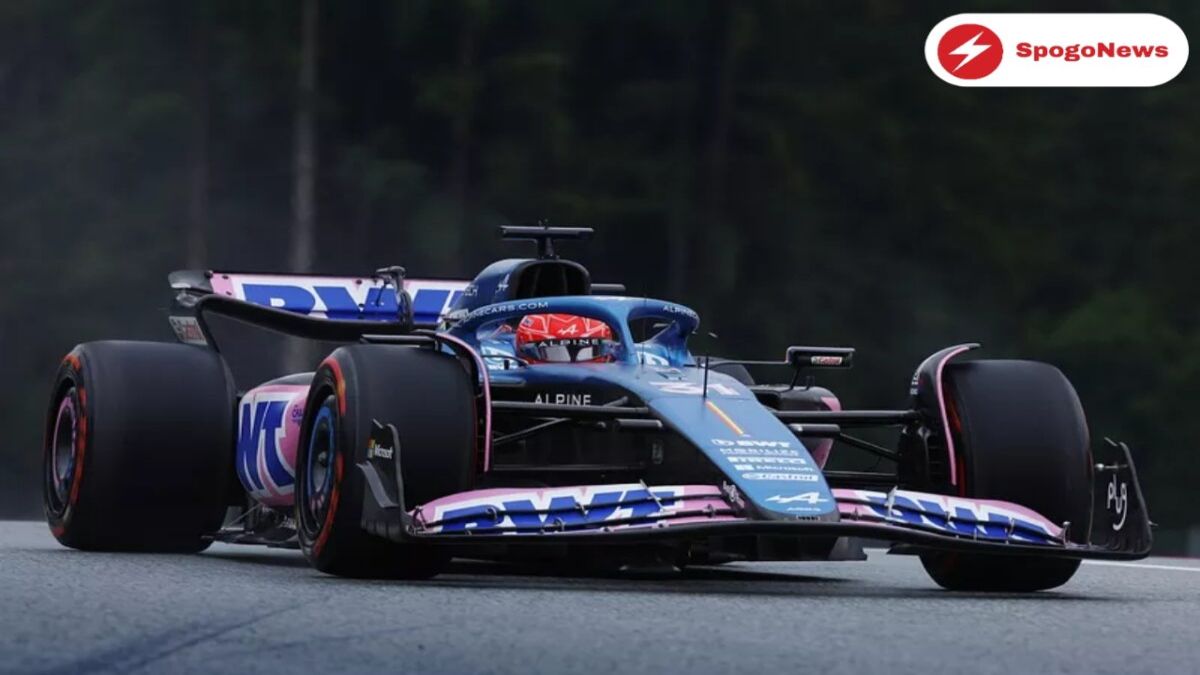(Motorsports news) The upper management of the French automaker believed that the Enstone-based team could achieve its victory goals more quickly, notwithstanding the opinions of previous team principal Otmar Szafnauer and sporting director Alan Permane that it would realistically take a few more years. After the Belgian Grand Prix, Alpine decided to cut ties with both drivers due to this mismatch between timeframe and ambition.
Rivals are less certain that teams can experience such a rapid improvement in performance, despite Alpine’s belief that it has the capacity to overtake the field by 2024 or 2025 at the latest. Even while McLaren delivered an excellent jump this season and Aston Martin was able to make a significant leap last winter, the evolution of those changes actually dates back at least two or three years.
When Lawrence Stroll joined Aston Martin, it was his passion and vision that sparked the rapid hiring and investment that propelled the company to the front of the grid. Additionally, McLaren has undergone significant changes as a result of CEO Zak Brown’s tasking of current team principal Andrea Stella few years ago to establish a technical organization that capitalized on the advantages of the prevailing rules.
While Alpine just let go of its top employees, a consistent narrative at Aston Martin and McLaren is that strong CEOs got their elbows and checkbooks out, gave the F1 team the freedom to do its job, and then refrained from interfering because external corporate goals were not compatible. Cyril Abiteboul, the current president of Hyundai’s motorsport division and a former team manager for Renault, believes that the secret to success is leadership that has a singular focus on achieving F1 success, even if that emphasis occasionally conflicts with corporate procedures.
“I think what it takes is someone who is willing to win at any cost – and almost outside of any form of corporate structure,” he added. “I think what it takes somewhere very high in the organization.” Red Bull has a history with [Dietrich] Mateschitz, and the legacy undoubtedly endures. Ferrari had that and has it, while Stroll has that and brings it in an Aston Martin. And despite the corporate context of Mercedes, Mercedes has been able to create a setup that provides that to the administration of Mercedes F1. So, I believe that’s what Alpine required.
“Carmakers are not pitted against non-car makers. It represents the ability of someone, somewhere, to declare, “We want to win, whatever it takes.” And in my opinion, Formula 1 in particular needs that to succeed. The culture of success that teams aspire to can be sparked, in Abiteboul’s opinion, by vision and assurance from above, since people won’t have to worry about a minor infraction costing them their jobs.
The race teams need someone who will say, “Go for it; whatever you need, you will get from me, and I will be protecting you,” he said. “If it necessitates some kind of relationship with the manufacturer, why not? But someone needs to essentially operate as the race team’s safety net. “Don’t undervalue the relationship between Mercedes corporate and the organization of the race team. However, a framework has been established that is reliable and effective, allowing them to concentrate on what they must do—win races.
This empowering of team members appears to be completely at odds with what Alpine did when it broke with Szafnauer and Permane, a decision that can only have had a detrimental impact on Alpine morale.
Also read: Why Pirelli is promoting a “super intermediate” wet tyre for the F1 race?













